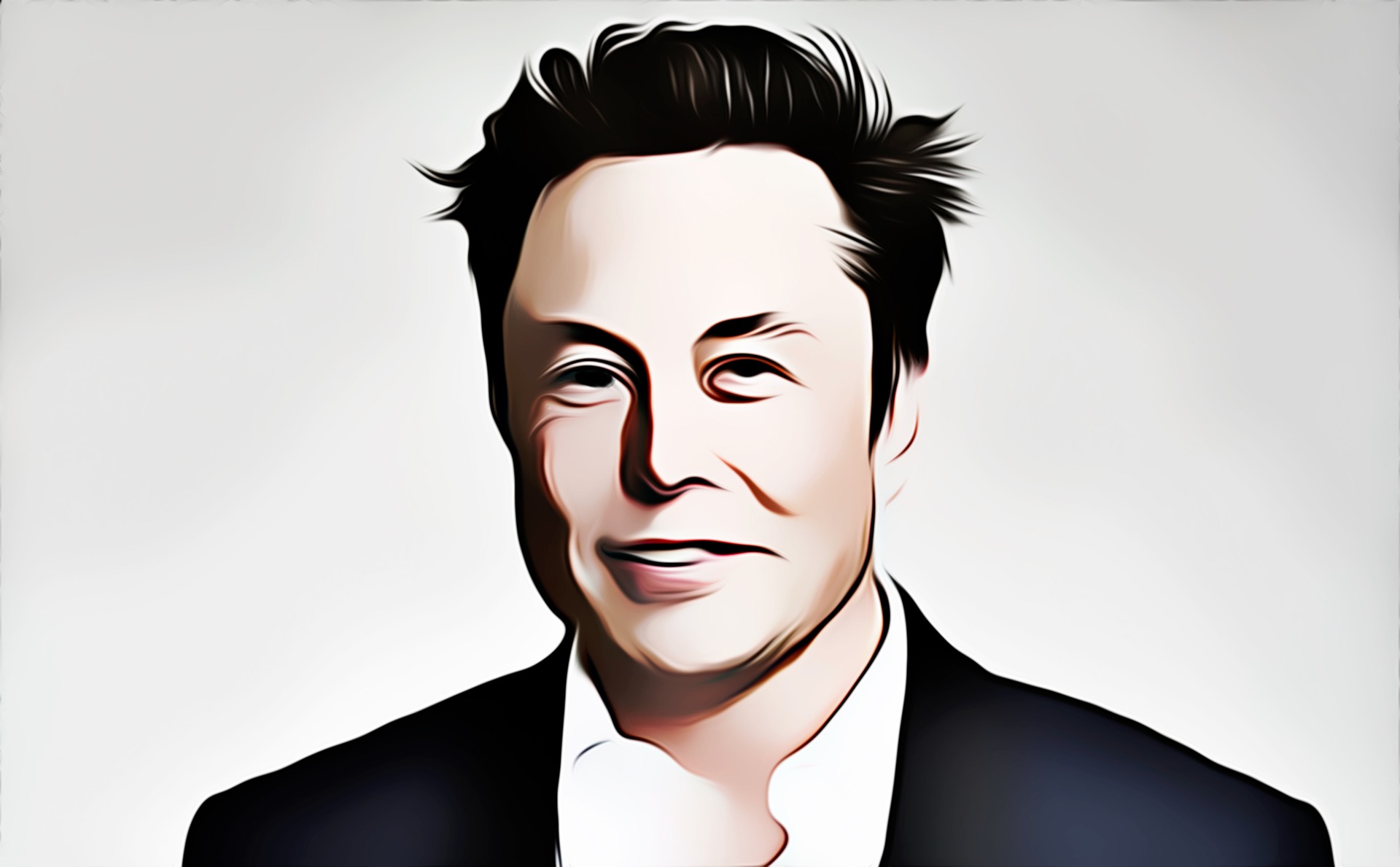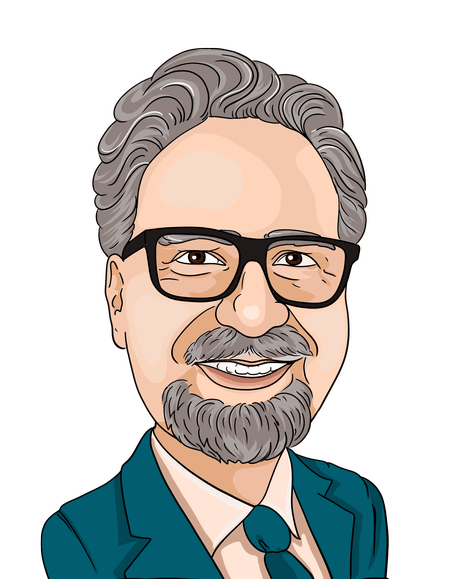

It began with one of the Twitter duels so many in the financial industry appreciate on boring news days. On one side of the spat was Elon Musk, formerly CEO of Tesla – and, according to SEC filings at the time, ‘Techno-King of Tesla and Master of Coin’. On the other was David Beasley, former one-time Republican Governor of South Carolina, now Executive Director of the United Nations World Food Programme (UN WFP), whose mission is to ‘end hunger, achieve food security and improved nutrition by 2030’.
Earlier in a CNN interview, Beasley had argued billionaires ‘needed to step up, on a one-time basis’ to save the lives of 42 million people suffering from starvation. Beasley explicitly named Musk alongside Amazon’s Jeff Bezos. According to Beasley, just $6.6bn, a paltry 2% of Musk’s net worth, would help these vulnerable people survive 2022 and eventually solve world hunger. Bezos spurned the bait, hugged Captain James Kirk, and launched himself into space instead, leaving the ball in Musk’s court.
This article is only available to Macro Hive subscribers. Sign-up to receive world-class macro analysis with a daily curated newsletter, podcast, original content from award-winning researchers, cross market strategy, equity insights, trade ideas, crypto flow frameworks, academic paper summaries, explanation and analysis of market-moving events, community investor chat room, and more.
It began with one of the Twitter duels so many in the financial industry appreciate on boring news days. On one side of the spat was Elon Musk, formerly CEO of Tesla – and, according to SEC filings at the time, ‘Techno-King of Tesla and Master of Coin’. On the other was David Beasley, former one-time Republican Governor of South Carolina, now Executive Director of the United Nations World Food Programme (UN WFP), whose mission is to ‘end hunger, achieve food security and improved nutrition by 2030’.
Earlier in a CNN interview, Beasley had argued billionaires ‘needed to step up, on a one-time basis’ to save the lives of 42 million people suffering from starvation. Beasley explicitly named Musk alongside Amazon’s Jeff Bezos. According to Beasley, just $6.6bn, a paltry 2% of Musk’s net worth, would help these vulnerable people survive 2022 and eventually solve world hunger. Bezos spurned the bait, hugged Captain James Kirk, and launched himself into space instead, leaving the ball in Musk’s court.
Musk offered to sell Tesla shares worth $6.6bn if the UN WFP would provide full transparency on their plan to end world hunger. Beasley provided a detailed outline. Then Musk quietly set the foundation for the biggest news story of 2022. He filed his tax return on 15 April 2022, and he took to Twitter:
‘Donated my Tesla Shares to the UN World Food Program. All of them. I will retire effective immediately from all functions I hold at Tesla, Inc.’
The shock rattled financial markets. Cruelly, they saw the biggest philanthropic donation ever (amounting to ca. $220bn) not as the gift it was. And they started repricing Tesla sans Musk.
Before Philanthropy Day, market participants valued Tesla at approximately $1.1tn. However, without Musk at the helm, questions quickly arose. Who would run Tesla? No one expected the UN to do it themselves. And who would take their newly inherited 20% share off their hands?
In the wake of the first calculations, the left mantra of ‘you did not build this’ seemed untrue for Musk (like so many other things). The inevitable tailspin in Tesla shares forced the SEC to dust off the circuit breakers developed after the GFC to stop the expected cross contamination into every larger portfolio traded on the exchanges.
On Saturday evening, a composed Musk met the press outside his rented, tiny two-bedroom house in Starbase Texas. The hostility was palpable. Musk casually explained he had realized, after long contemplation, that if he could contribute to solving the problems facing the planet, he should. And he had sincerely hoped all his critics would celebrate the tremendous financial windfall enabling them to finally do whatever they wanted with his wealth.
Additionally, he pointed out that his donation was not tax deductible from his other income streams. That pre-empted the hate coming out of Bernie Sander’s camp (who was still healthy and active on Twitter). But despite getting the ultimate win, the billionaire critics were still somehow unhappy even though Musk had surely paid more than his fair share.
When the sale of Musk’s shares was finally transacted years later, Tesla had deflated to just $20bn in valuation. That put Musk’s contribution to shareholder value at just short of a trillion dollars at the time of the donation, and it put Warren Buffet at Berkshire Hathaway to shame.
Somehow, the UN failed to eradicate world hunger with this grossly reduced payout.
At the press conference, Musk had remarked that he did not expect the UN to run Tesla as a publicly owned company, East Germany (DDR) Style (remember the Trabbie?). He would happily assist with selling his former Tesla shares to a competitor if the UN wished. The company was in excellent shape, well-funded, and the order books full to the brim.
A subdued press corps kept insisting he could at least have offered to run Tesla for a grace period to ease the transition. Could he not have anticipated that Tesla’s market value was predominantly priced on his entrepreneurial abilities? Did he not know his gift would become a liability, jeopardizing progress, growth, tax income, productivity and job creation?
Calmly, Musk stood and uttered the immortal words now carved above the entrance to his presidential library (the native citizen law was eventually revoked):
‘Frankly, I don’t give a damn’.
Thorsten Roland Wegener spent twenty years trading equity derivatives and was a partner at Bear Stearns. Currently, he teaches as well as cooking, driving, and cleaning lots.
(The commentary contained in the above article does not constitute an offer or a solicitation, or a recommendation to implement or liquidate an investment or to carry out any other transaction. It should not be used as a basis for any investment decision or other decision. Any investment decision should be based on appropriate professional advice specific to your needs.)
